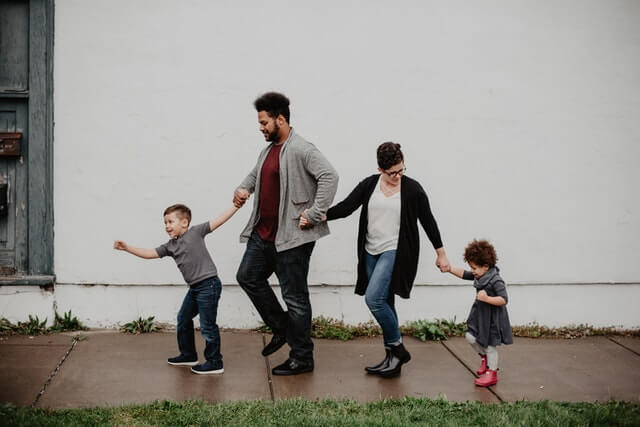There are several types of tenants. Some live alone, while others live with roommates and family members. For tenants who live with family members, some landlords hesitate to rent out to them. The reason being they have children. Some landlords find it challenging to have children in a rental property. They’re adorable, but they can cause a disturbance. Having children in a rental can also increase the risk of getting something damaged.
Technically, landlords may not dismiss a tenant because they have kids. The Fair Housing Act mandates that renters should not experience discrimination. Landlords cannot deny housing based on race, gender, age, etc. It also includes discrimination against a person’s familial status. With this in mind, landlords set up rules to regulate the noise and clutter caused by children. But which ones are allowed, and which ones are not?

The Exception
Rejecting tenants for having kids may be illegal. It goes against the law. However, a landlord may decline if his property is for a specific group of people. For example, the landlord customized the property for the elderly or persons with disabilities.
• Restricting children to a single bedroom
Some tenants cannot afford a rental with multiple bedrooms. For example, a single parent living with a child wishes to rent a single bedroom rental. The landlord cannot refuse based on his view that a child must have his own room.
• Restricting children to a single area
A landlord’s concern might include other tenant’s comfort, particularly in apartment buildings. However, assigning a specific unit to a family because they have children is a big no-no.

• Restricting normal childhood activities
Running and playing outdoors are normal childhood activities. Doing this can cause a disturbance for some, but landlords cannot restrict it. These recreations are natural for children, and everyone knows that.
Now we know which rules landlords are supposed to avoid. Let’s move on to the regulations landlords can make which apply to children. These rules must promote children’s safety.
A landlord setting up rules regarding children should have their safety in his mind. For example, establishing an age limit for using the swimming pool can be one of them. Most landlords will not allow small children to swim without supervision. Children are reckless, and they are not aware of the dangers of swimming. They are also not trained to do it alone. Accidents may occur and can result in physical harm. No landlord would want that to happen. If the landlord plans on imposing this rule, he must specify the age bracket it applies. A teenager can look out for himself, but a six-year-old can’t.
The landlord may also impose a rule regarding noise. Of course, it will not apply to children alone. But instead, to everyone. The landlord can keep this policy for common areas.

Before making regulations regarding kids, or any rule for that matter, it is crucial to check the local state laws. A landlord can consult a lawyer if he wants to make sure that the policies are correct. He must also avoid any form of discrimination.
Are children considered tenants?
Well, this depends on the law. Some states consider children to be tenants. Some identify anyone under the age of 18 as not a tenant.
There you go. Now you know the rules which may or may not apply to children. The next time you recognize some of these, you can inform the landlord and tenants about the correct policies. Once the landlord settles this, you can start searching for potential tenants online. And I know just where to look. Padleads will let you create property listings and have them syndicated to popular websites. You never know when a family might need a new home that’s perfect for their children.